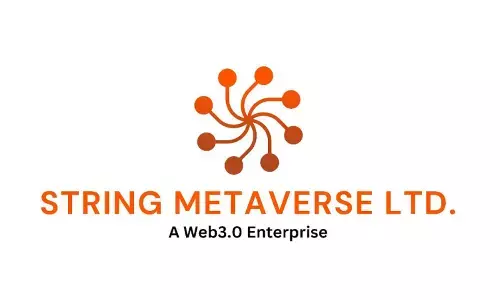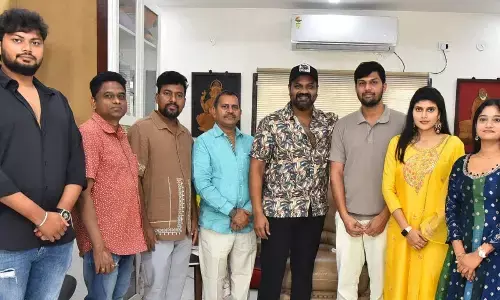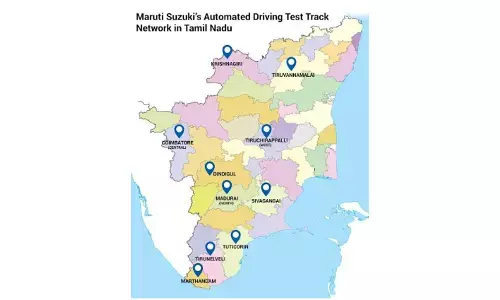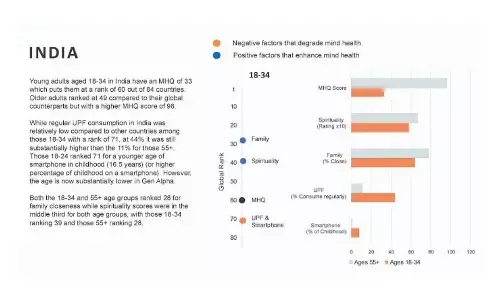Pandemic forced judiciary to adopt modern methods to impart justice: CJI
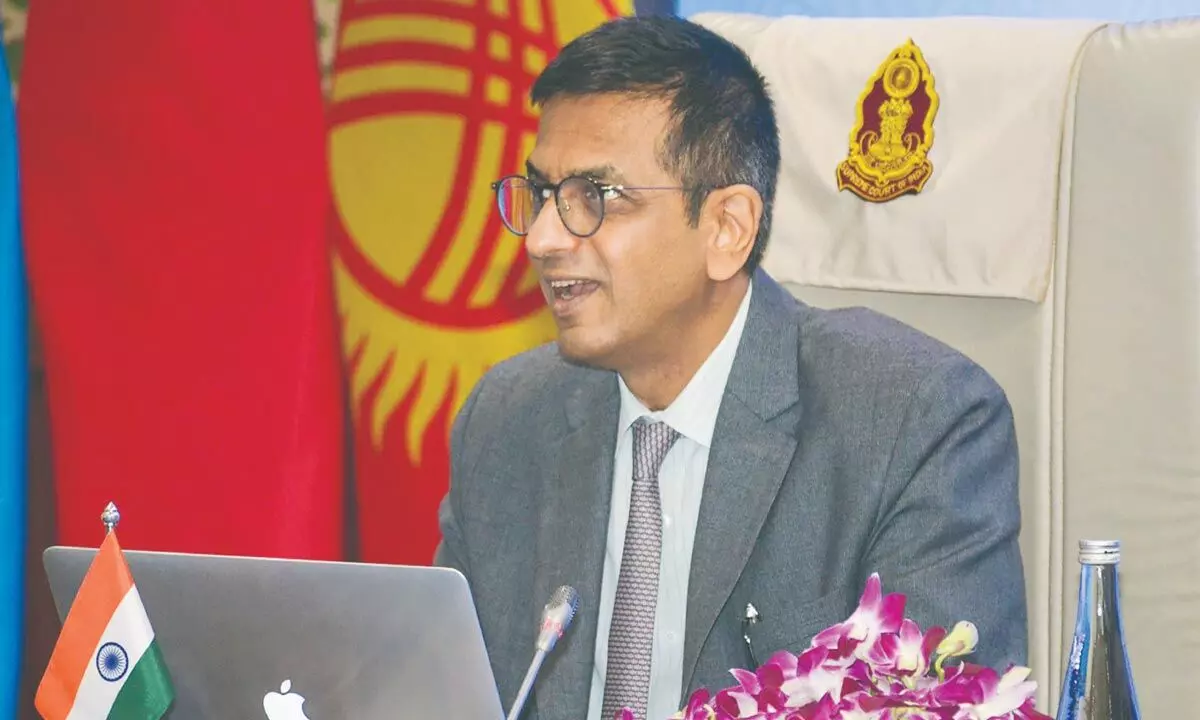
Pandemic forced judiciary to adopt modern methods to impart justice: CJI
Chief Justice of India DY Chandrachud said on Friday the Covid-19 pandemic forced the judicial system to adopt modern methods to impart justice and the goal now must be to evolve judicial institutions and not wait for another pandemic to take active decisions.
New Delhi: Chief Justice of India DY Chandrachud said on Friday the Covid-19 pandemic forced the judicial system to adopt modern methods to impart justice and the goal now must be to evolve judicial institutions and not wait for another pandemic to take active decisions.
Speaking at the 18th meeting of the chief justices of the Supreme Courts of the Shanghai Cooperation Organisation (SCO) member states, Chandrachud highlighted the steps taken by the Indian judiciary with the onset of the pandemic. He said since the pandemic, the district courts in India heard 16.5 million cases, the high courts 7.58 million cases, while the Supreme Court heard 3,79,954 cases through video-conference. "In conclusion, the pandemic forced the judicial system to adopt modern methods to impart justice. But our goal must lie in evolving our judicial institutions as a matter of principle, and not wait for another pandemic to take active decisions," the CJI said at a joint interactive session.The Supreme Court and the High Courts also actively monitored the areas of human rights violations during the pandemic, he said.
The Supreme Court is hosting the 18th meeting of the chief justices of the Supreme Courts of the SCO member states here from March 10 to 12 with a view to developing judicial cooperation among them. The SCO members include China, India, Kazakhstan, Kyrgyzstan, Pakistan, Russia, Tajikistan and Uzbekistan. Afghanistan, Belarus, Iran and Mongolia constitute the SCO observers while Armenia, Azerbaijan, Cambodia and Nepal are the SCO dialogue partners. According to reliable sources in the apex court, the representatives of Pakistan attended the meet virtually. Besides the CJI, Supreme Court judges Sanjay Kishan Kaul and K M Joseph, among others, would address the meet on topics including "Facilitating 'Access to Justice': Issues, Initiative, and Prospects" and "Institutional Challenges facing Judiciary: Delays, Infrastructure, Representation and Transparency".
In his address, the CJI said, "Various challenges were thrown up by the COVID-19 pandemic to our judicial system. Lockdowns amid the pandemic crisis and social distancing disturbed the smooth day-to-day functioning of the courts and the entire justice delivery system in India. "Physical appearances in courts by the lawyers and litigants were disallowed due to strict safety protocols for COVID-19. The very concept of 'Access to Justice' was adversely affected."
He said the Supreme Court of India, with a vision for ensuring easy access to courts and effective delivery of justice, prepared a roadmap and came up with various initiatives including accelerating the move towards e-courts and adoption of a systematic approach towards technological integration through which virtual hearings were started in the Indian judicial system for the first time.


